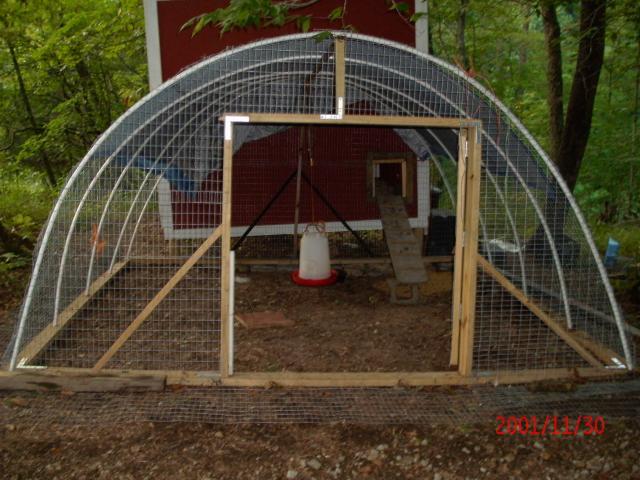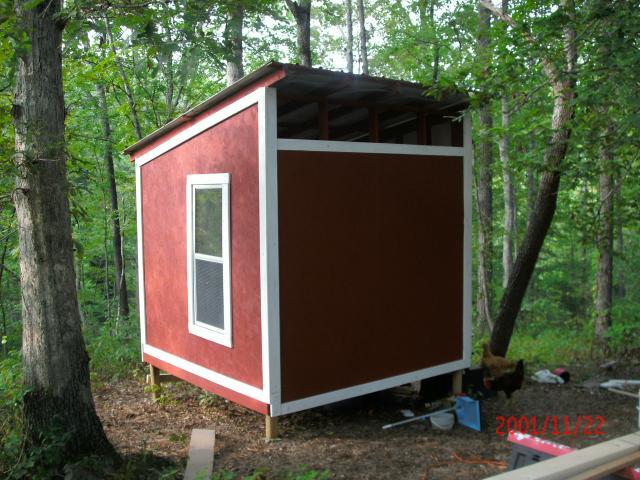- Feb 24, 2011
- 9
- 0
- 7
I am a newbie, thinking about my first attempt at a coop. You have a ton of information on this site. Thanks.
I am in Atlanta where winters are temperate but it is not unusual to have 3-5 days in a row, in the twenties. It appears most folks insulate their coops but then I read where ventilation is so important. Do you close the vents in the winter? If not, what's the sense in insulating?
How vulnerable are the birds to cold? What temperature gets you concerned?
Also, why do you lock the hens in at night? If the coop is secure from predators, why not leave the door open? Does it keep them quieter?
I am in Atlanta where winters are temperate but it is not unusual to have 3-5 days in a row, in the twenties. It appears most folks insulate their coops but then I read where ventilation is so important. Do you close the vents in the winter? If not, what's the sense in insulating?
How vulnerable are the birds to cold? What temperature gets you concerned?
Also, why do you lock the hens in at night? If the coop is secure from predators, why not leave the door open? Does it keep them quieter?




